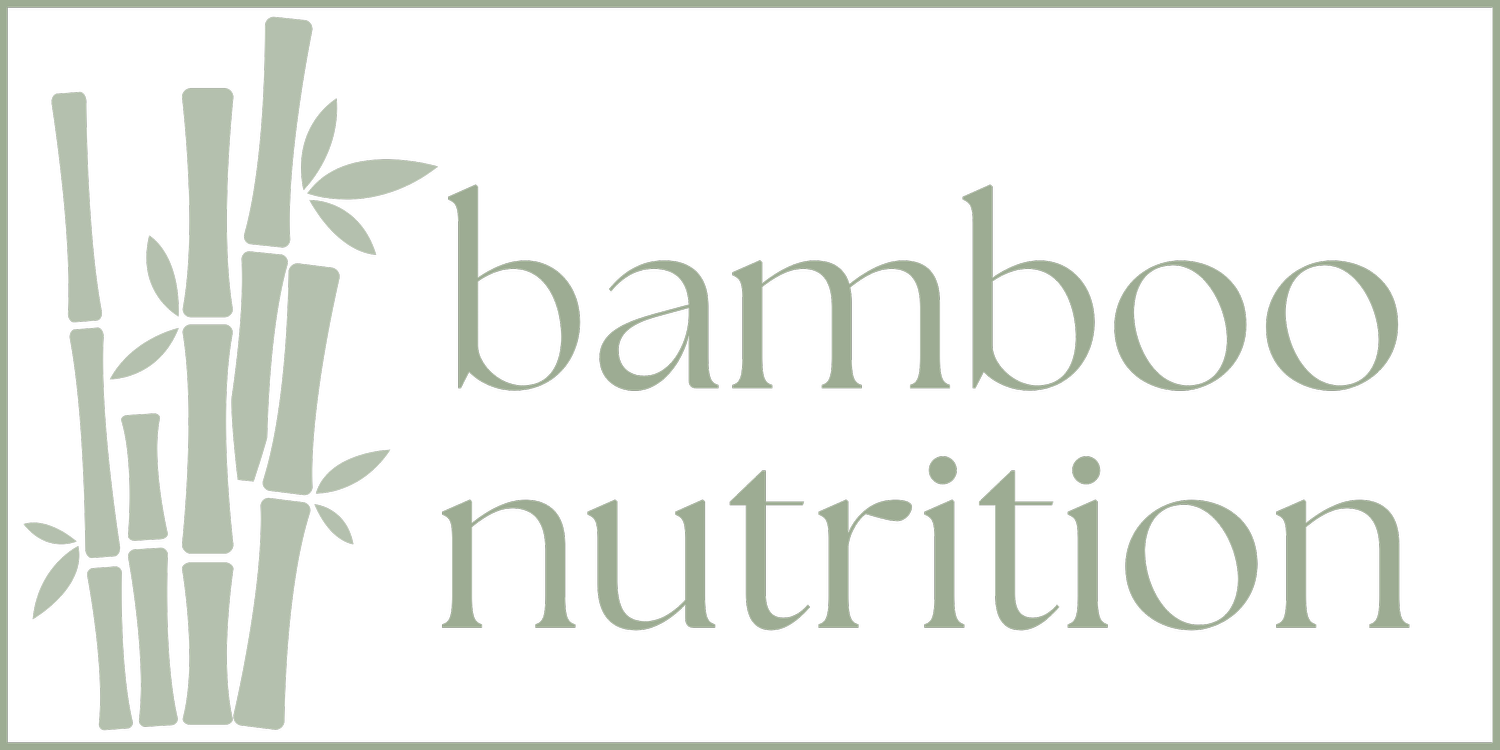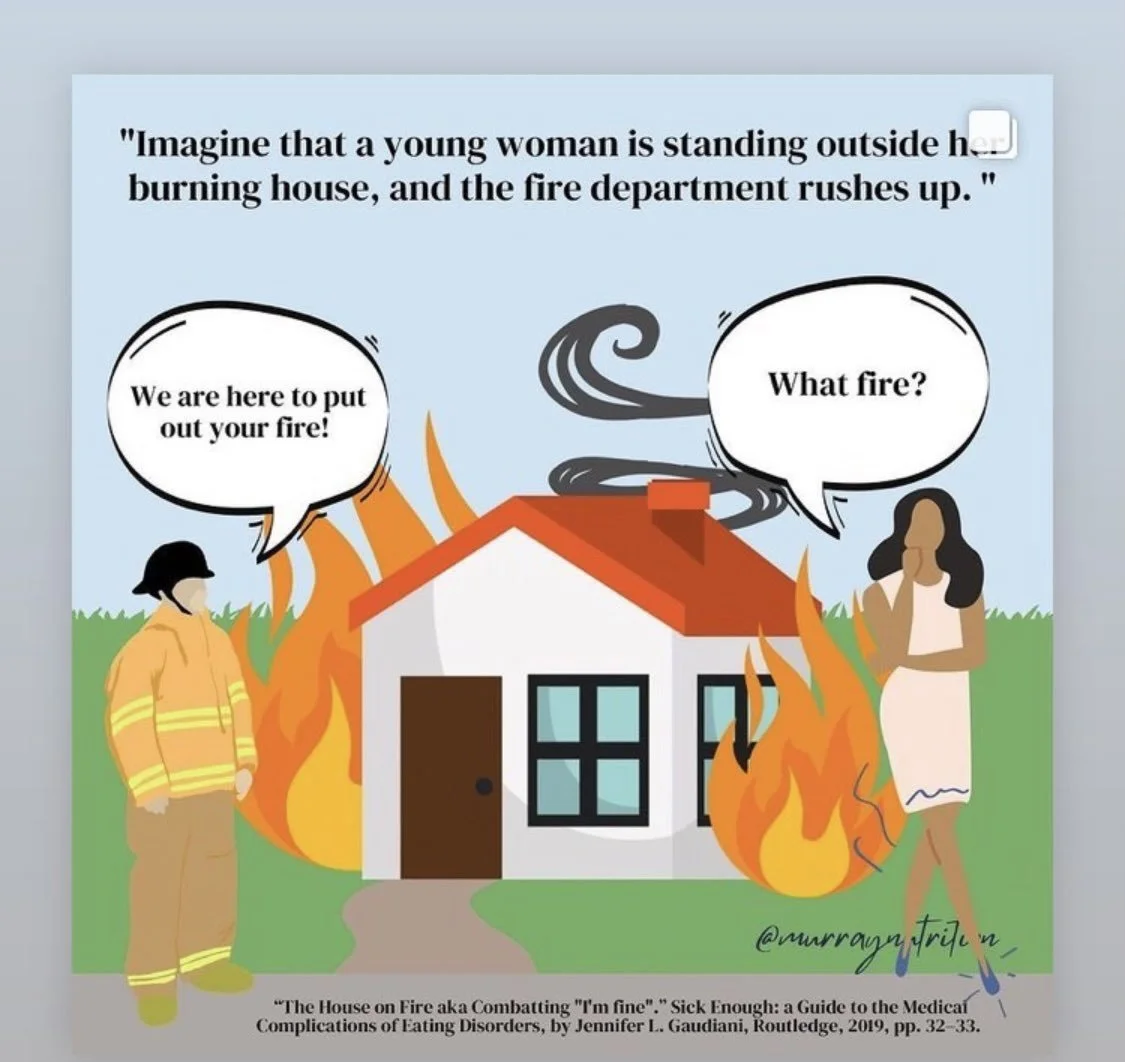Have you ever stopped to think about the way we think and talk about calories? In our fat-phobic diet culture, calories are often described as some sort of evil villain that we must avoid, or “burn off”, at all costs. We are told that we have to earn the calories or that they have to be “worth it” for us to be able to enjoy foods we love. I am a firm believer that language is very important, and that the way we talk to and about ourselves (and food for that matter) influences the way we feel about ourselves and the foods we eat. Let’s pause for a bit and consider what we are actually saying when we say these things.
Calories, by definition, are a unit of measurement for the amount of energy a food gives our bodies. Technically it is measured in kilocalories, but we don’t have to get too nerdy about it here. We will just say calories, since that is the most commonly used term. So if we are thinking about calories for their function, to fuel our bodies, it starts to sound weird when someone says they try to eat a low calorie diet. For example, if you have a house and you need to build a fire to keep warm, you wouldn’t chop up the furniture, tear down the walls or use the wood from the house frame. You would get wood from somewhere else. Our bodies are our home in this world. Think of the parts of the house (plumbing, foundation, furniture, etc.) as your body and all the organs (digestive system, brain, heart, etc.) that help your body function. Now think of the wood that you bring in for the fire as the food that you eat to fuel your body. When we don’t eat enough, our bodies cannot function at their best, and we are essentially burning down our own house. It’s also why we can’t think straight, get grumpy, get headaches and other not so fun symptoms when we are inadequately nourished.
Our bodies have an optimal weight range where they function best, and this is known as our set point range. Maintaining this optimal weight range requires a certain amount of calories, and this amount is different for every person. When we don’t give ourselves enough fuel, often because we want to weigh less than our set point range, we start to think about food more. We start to crave foods that society often deems “bad” because they are higher in calories. This is our body’s way of saying “hey, I’m running on empty!” If you wind up binge eating, eating a large amount of unsatisfying foods until you eventually eat what you are craving, or even just satisfy the craving the first time around, this is not a bad thing. You are not bad for having this reaction to straight-up biological hunger.
You may be wondering, “then why are so many ‘healthy’ foods lower in calories?” It is true that many nutrient dense foods are lower in calories. And there are many nutritious foods that are also higher in calories. Neither of these is better or worse than the other. They simply provide different nutrients. This is why it is important to eat a variety of foods, and to eat the foods our bodies are craving. Yes, even the less nutrient dense ones. These foods also provide much needed energy, and eating fun foods improves quality of life and ensures we get enough to meet our needs.
If you feel like you might need help with your thoughts about food, physical activity or your body, we at Bamboo Nutrition would love to help you develop a kinder relationship with all of these things. You deserve to care for yourself and live a life that is meaningful to you.
Written by: Julia Henry, RD, LD
Bamboo Nutrition is a group practice of registered dietitian nutritionists and therapists. We help individuals with various nutrition concerns and prioritize your relationship with food and quality of life.
To schedule with a dietitian or therapist at Bamboo Nutrition, click the button below and fill out a contact form.
We look forward to working with you!

